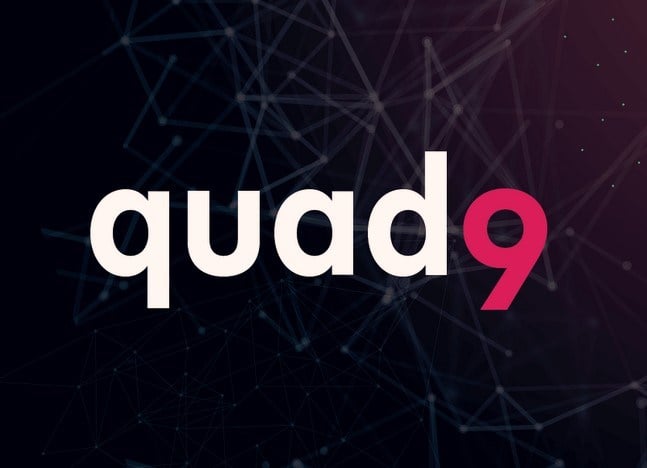 Last year, Sony Music obtained an injunction that orders DNS resolver Quad9 to block a popular pirate site.
Last year, Sony Music obtained an injunction that orders DNS resolver Quad9 to block a popular pirate site.
The injunction, issued by the District Court of Hamburg, required the Swiss DNS resolver to block access to a site that links to pirated music.
The name of the targeted site wasn’t revealed, but we deduced that Canna.to was the target. That site was also targeted by a voluntary blocking agreement previously signed by rightsholders and ISPs.
Quad9 Appealed Site Blocking Injunction
The Quad9 foundation fiercely opposed the injunction. The DNS resolver submitted an appeal to the Court hoping to overturn the blocking order, arguing that the decision set a dangerous precedent.
The foundation stressed that it doesn’t condone piracy but believes that enforcing blocking measures through third-party intermediaries goes a step too far.
This initial objection failed, as the Regional Court in Hamburg upheld the blocking injunction last December. However, this was only a preliminary proceeding and Quad9 promised to continue the legal battle, as it could have a broad impact on the Internet ecosystem.
Sony Files Main Proceeding
After Quad9 maintained the pressure, Sony has now initiated a main proceeding at the Leipzig court. This is the next step in the legal process and allows both sides to provide more evidence and expert opinions.
“This is important as additional evidence, such as via witnesses or expert opinions can be utilized, which is not typical in the preliminary proceeding where we have previously only filed our own affidavits,” Quad9 explains.
This extra evidence is now being filed with the court which has yet to schedule a hearing. It is clear, however, that the verdict of the Leipzig court is going to be very important, whichever way it goes.
A Threat to Other Internet Players?
Quad9 fears that if Sony prevails, the blocking demands will soon expand to other sites. In addition, rightsholders could request similar blocking measures from other DNS resolvers and other intermediaries.
“In the event that Quad9 does not prevail, a very dangerous precedent could be set, potentially threatening many more layers of the internet model, which reaches up towards the user and downwards to the root (of the namespace).
“The implications of the case go beyond DNS providers. Anti-virus software providers, firewall operators, and a host of other components in the ‘internet stack,’ in all networks, look identical to Quad9 when viewed as a simplified structural communication diagram,” Quad9 adds.
Support?
Thus far Quad9 has only relied on its own arguments in court but the main proceeding provides more room for other companies and experts to join in as well.
With all the uncertainty surrounding the site blocking question, Quad9 appears to indirectly call on support from other key Internet players who could be affected by the ruling in the future.
In any case, the company maintains that it shouldn’t be the role of DNS resolvers to block access to websites, whether these blockades are mandated by a court or not.
“It is our firm belief that recursive DNS services are the wrong place to apply such blocks, and that this case endangers more than just Quad9 or our users’ interests – it risks cracking the foundations of a free and open internet, in Europe and worldwide,” the company concludes.
From: TF, for the latest news on copyright battles, piracy and more.
0 Commentaires